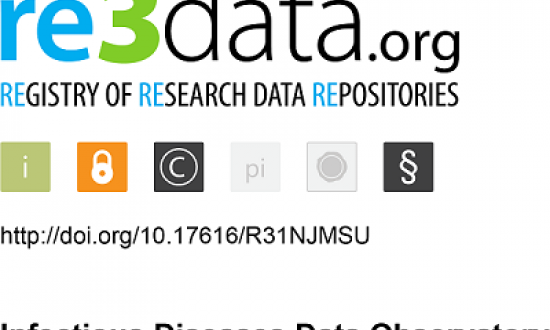Infectious diseases disproportionately impact low- and middle-income countries (LMICs). IDDO works with researchers based in LMICs to develop research agendas and collaborative studies that address the priorities of the communities affected by these diseases. This approach supports two-way capacity strengthening, equitable sharing of data and resources, and sustainable development of treatment and control programs that translate data into evidence that improves outcomes for patients worldwide.
IDDO is committed to ensuring that its infrastructure and systems boost the findability, accessibility, interoperability, and re-use of data in accordance with FAIR principles to facilitate the use of existing data to answer new research questions and maximise the production of new knowledge.
IDDO brings together clinical, laboratory and epidemiological data to answer scientific and operational questions so that researchers and clinicians can improve diagnosis and treatment of patients and help to ensure co-ordinated and effective responses to neglected, poverty-related diseases and emerging infections.
Sharing health data is important, but it is especially critical to address the challenges of the diseases we focus on. This is because the diverse geographic endemicity and a scarcity of commercial interest in developing treatments for these infections limits the collection of data.
IDDO collaborates with the research communities generating data to ensure that data sharing is focused on the data that can address priority research questions for each disease. IDDO is committed to equitable and responsible data sharing principles that ensure appropriate involvement and acknowledgement of those who generate the data.

IDDO is currently accepting data on COVID-19, Ebola, malaria, visceral leishmaniasis and schistosomiasis/soil-transmitted helminthiases. Details of what type of data is accepted for each disease and instructions on how to contribute are available on the pages of each research theme.
Find out more about IDDO's innovative approach to data sharing by viewing our data sharing animation below.

